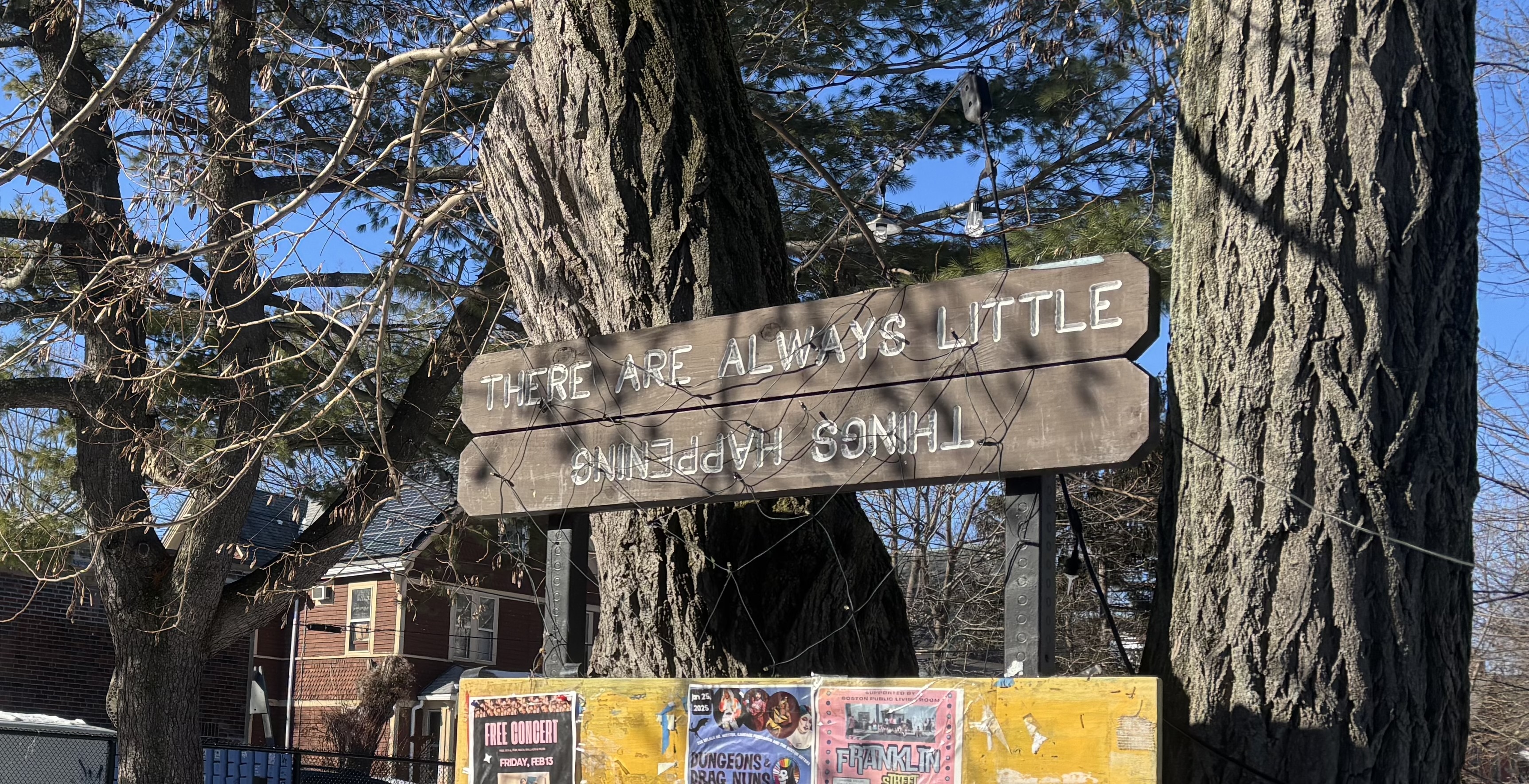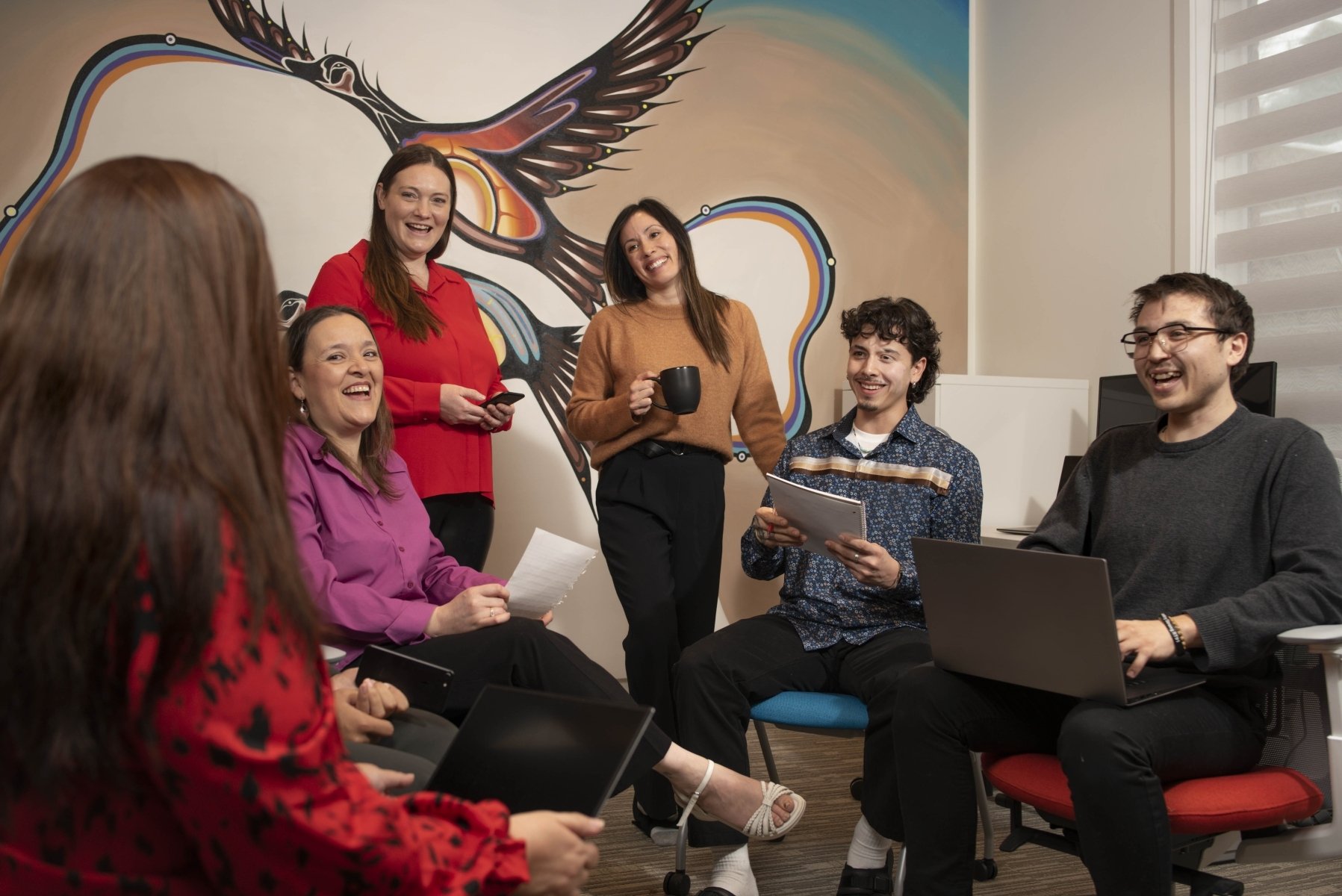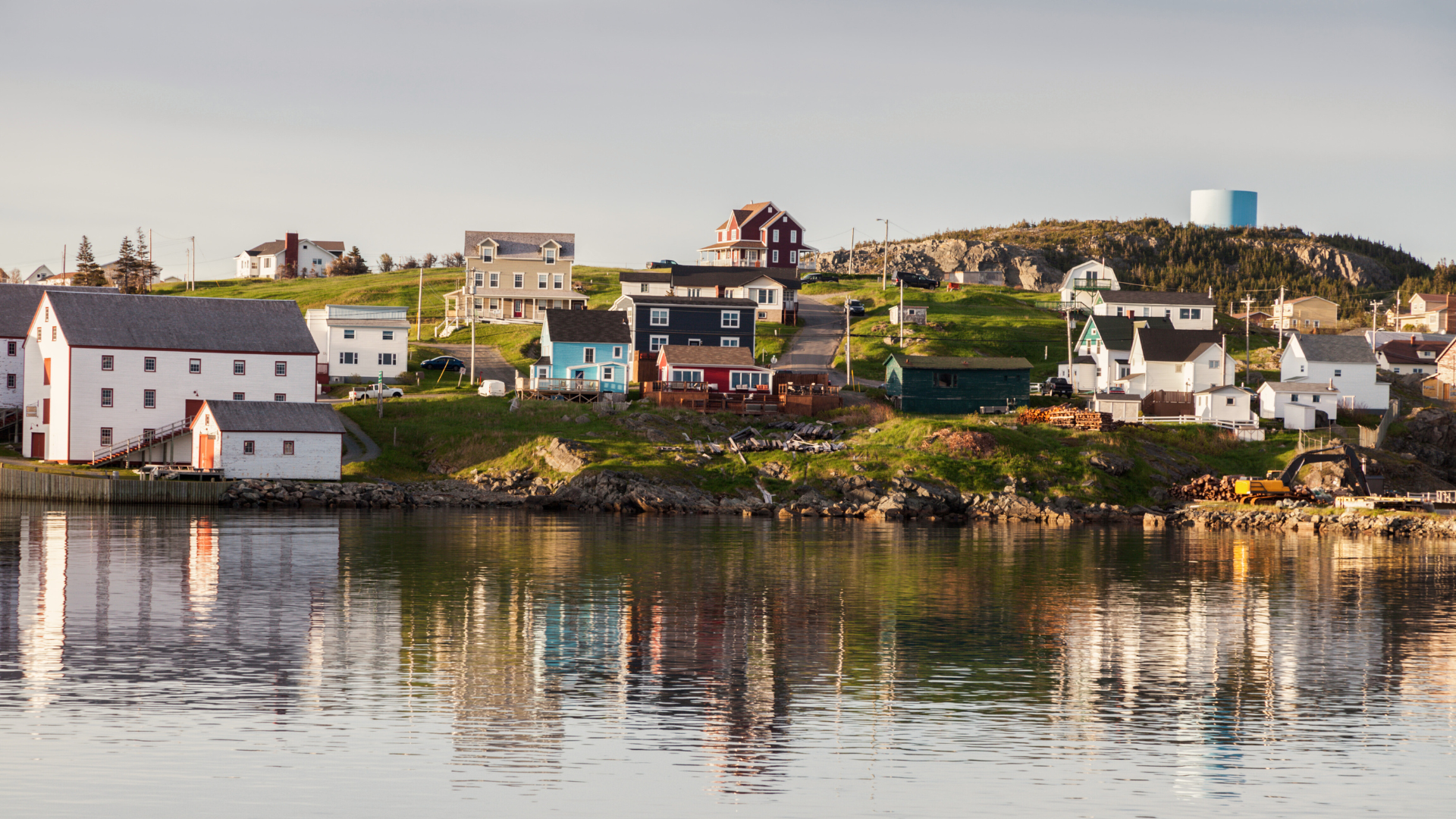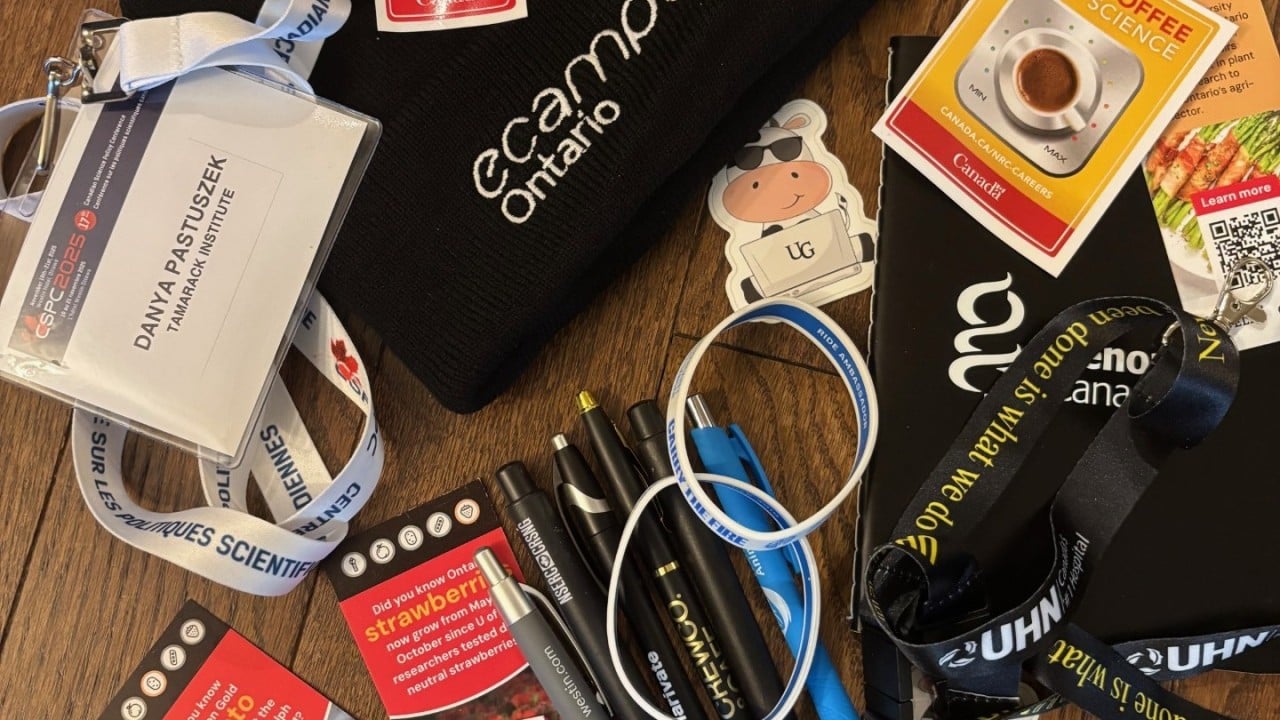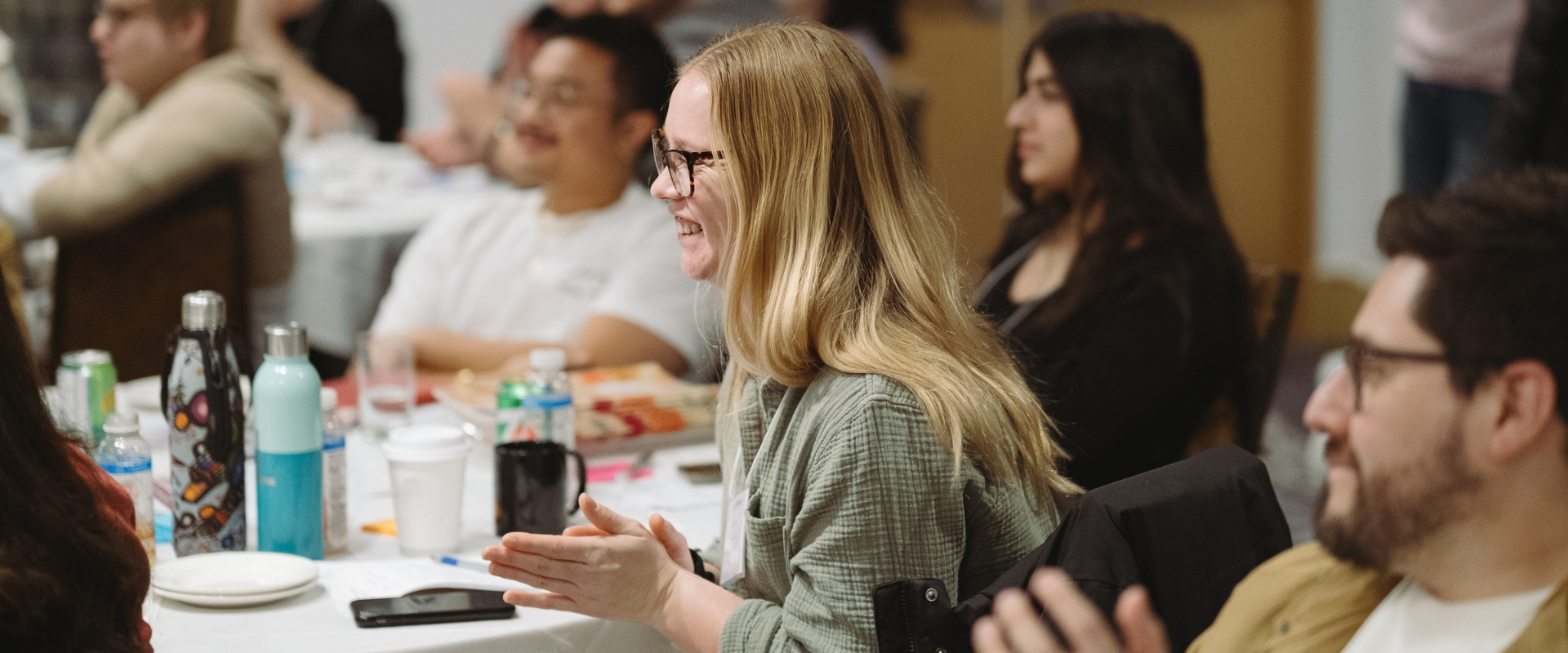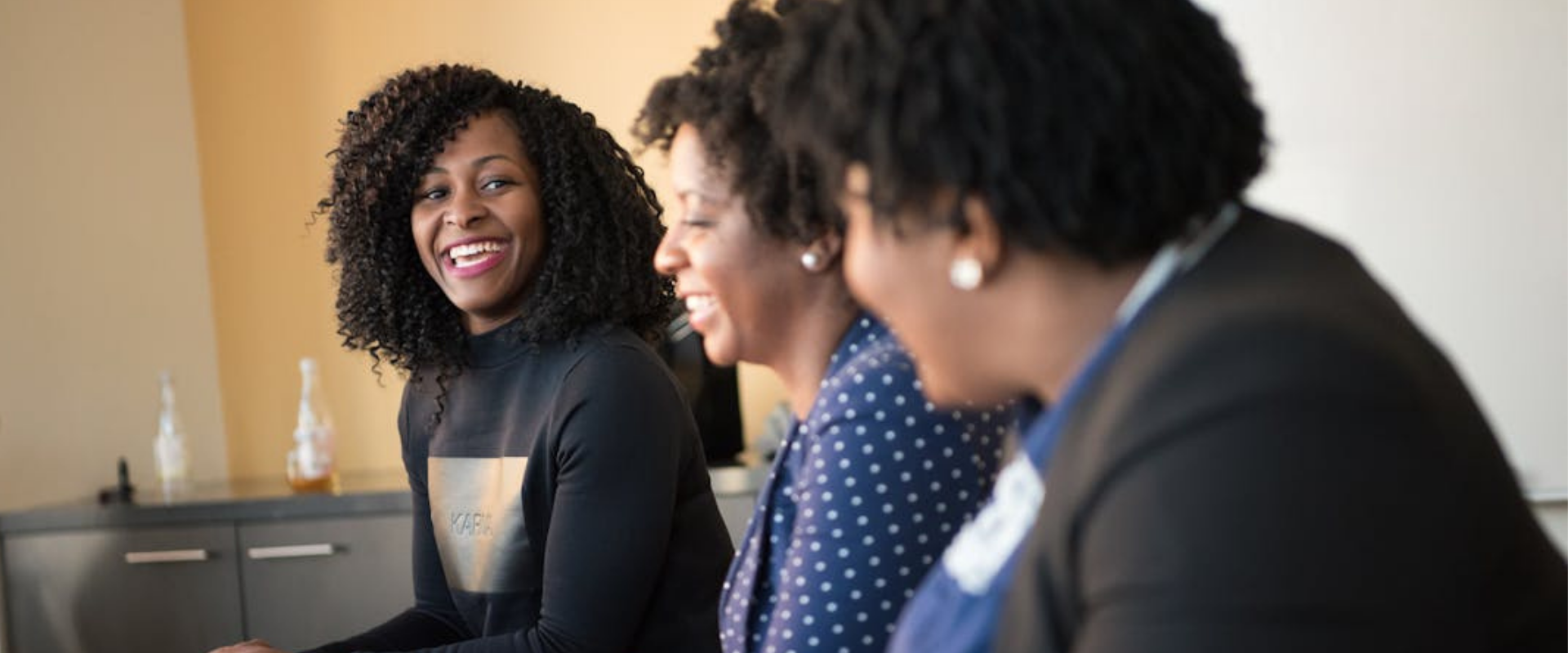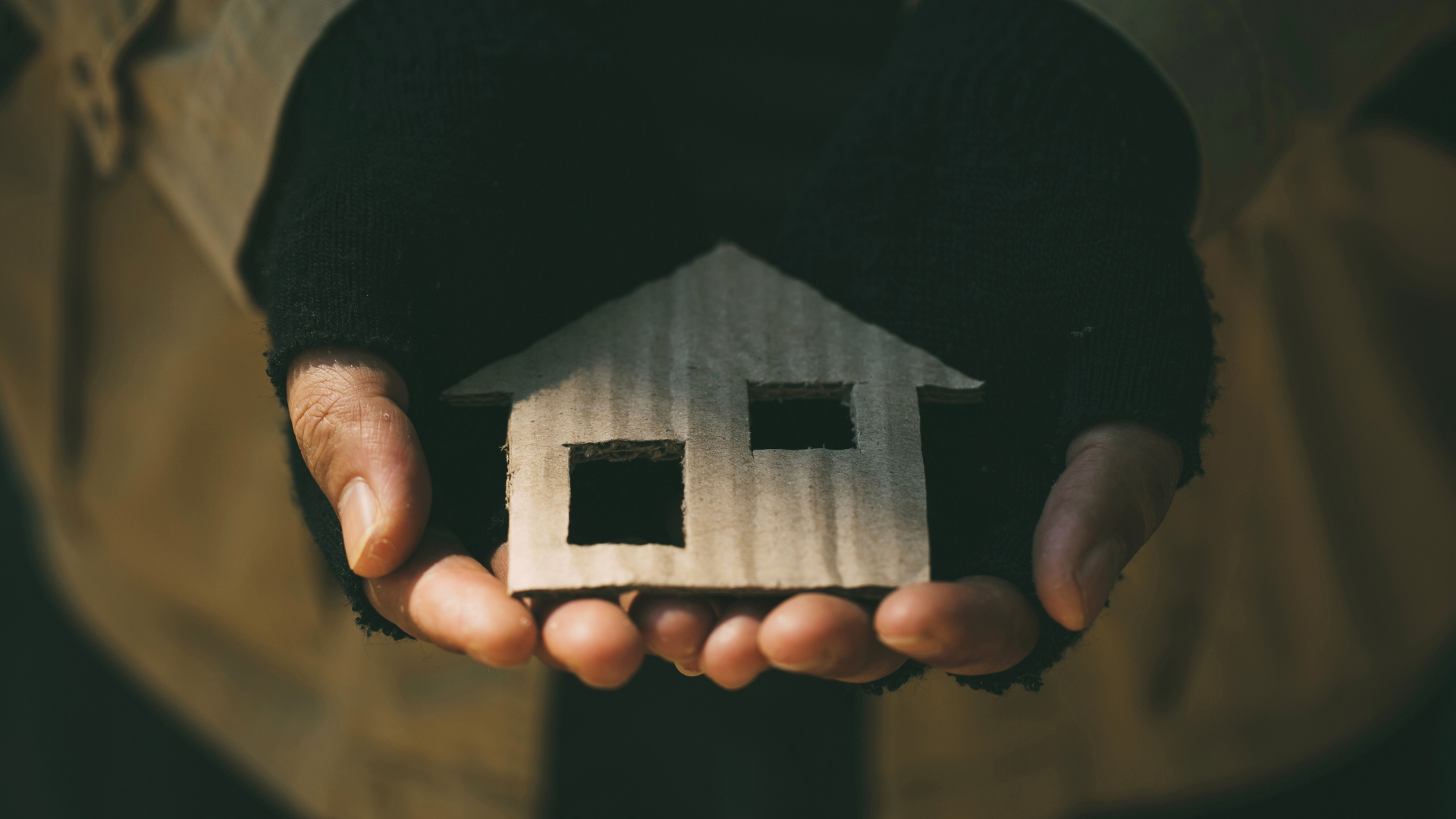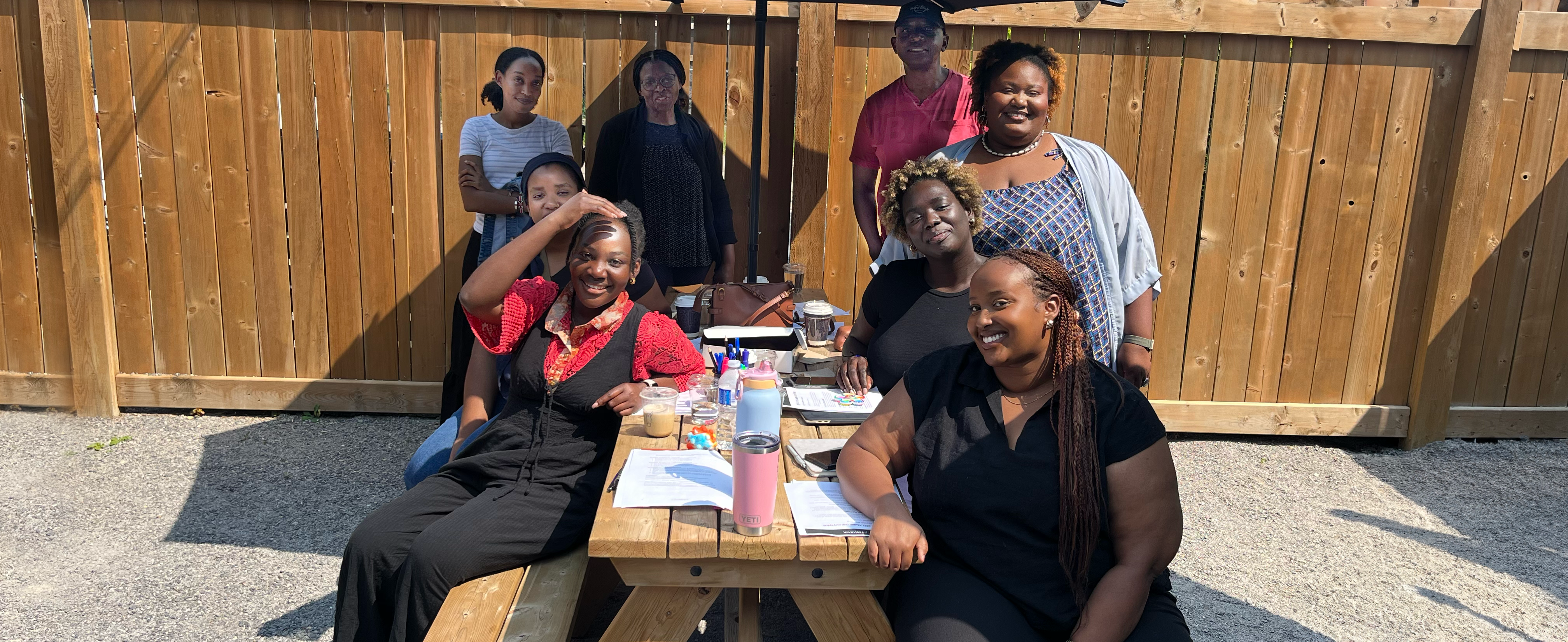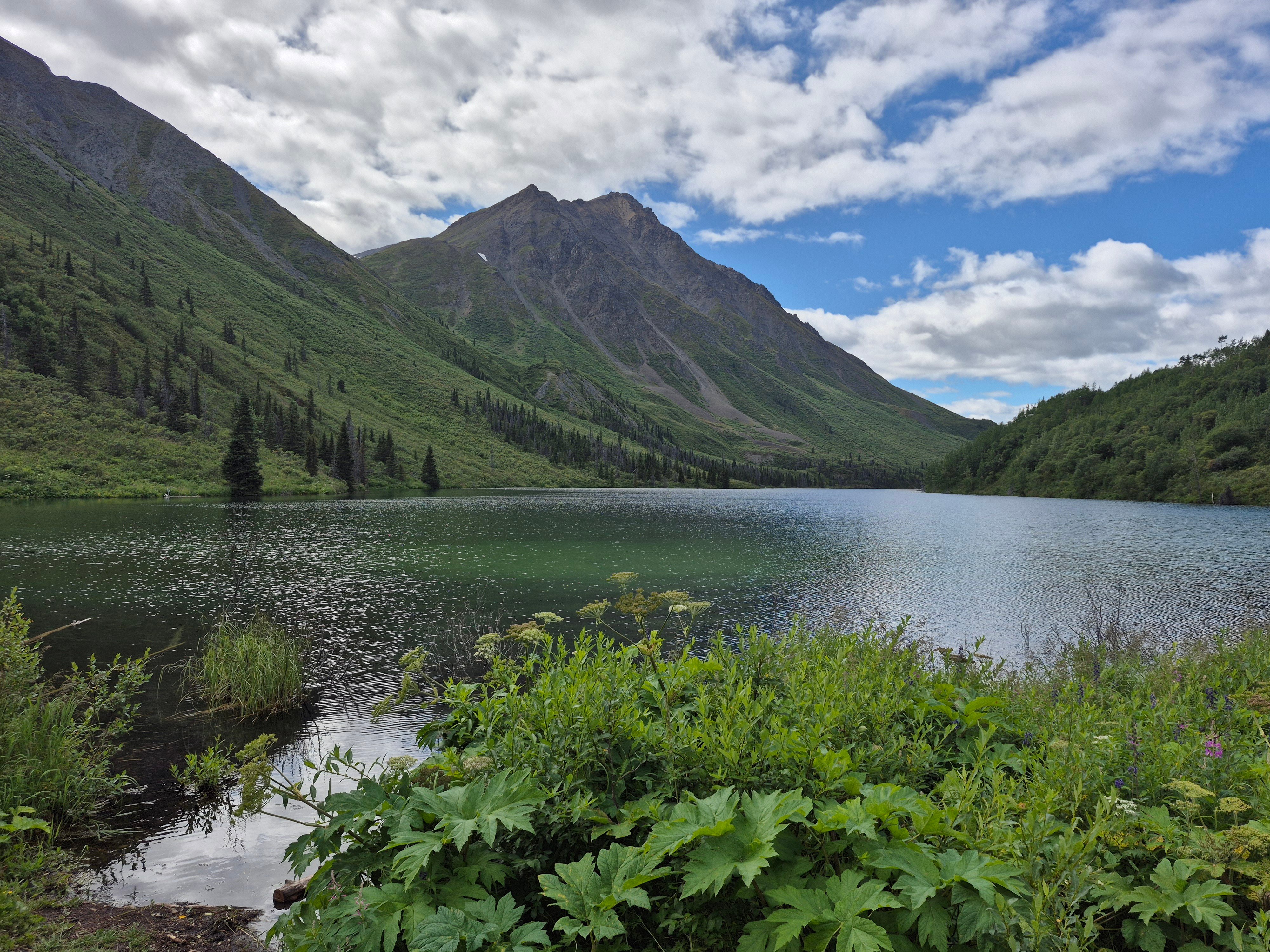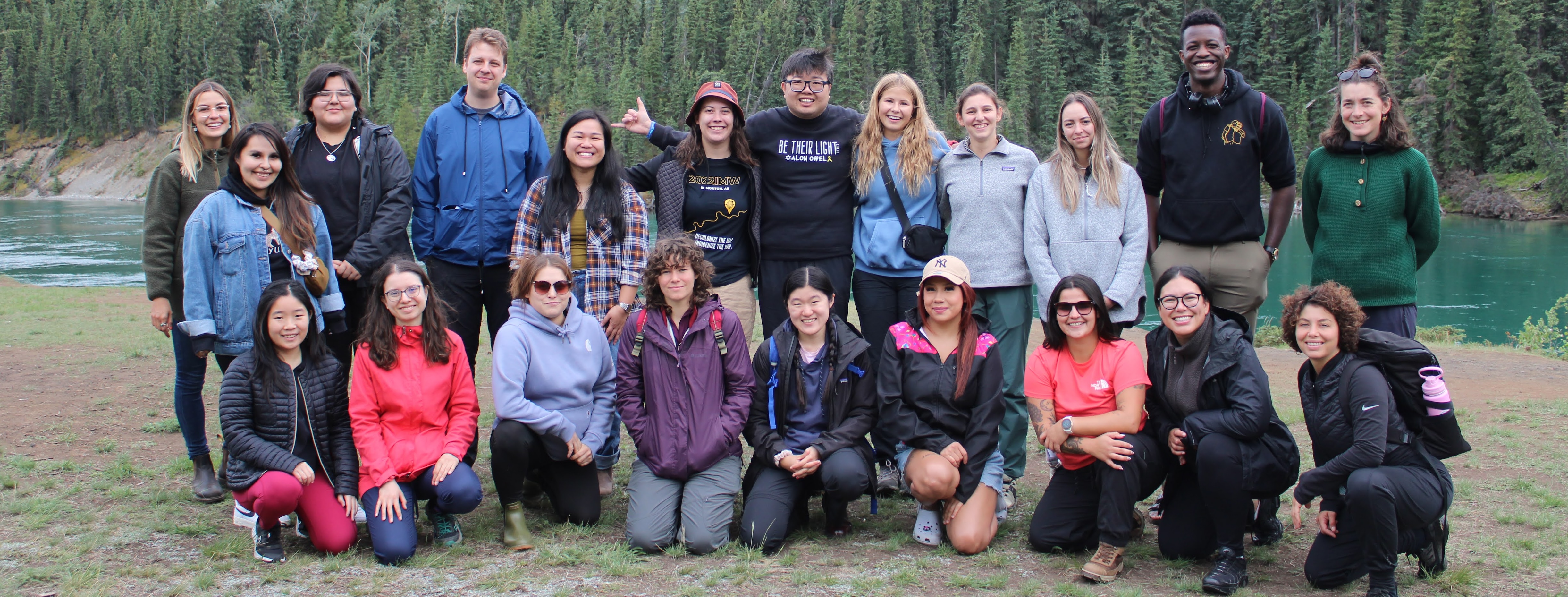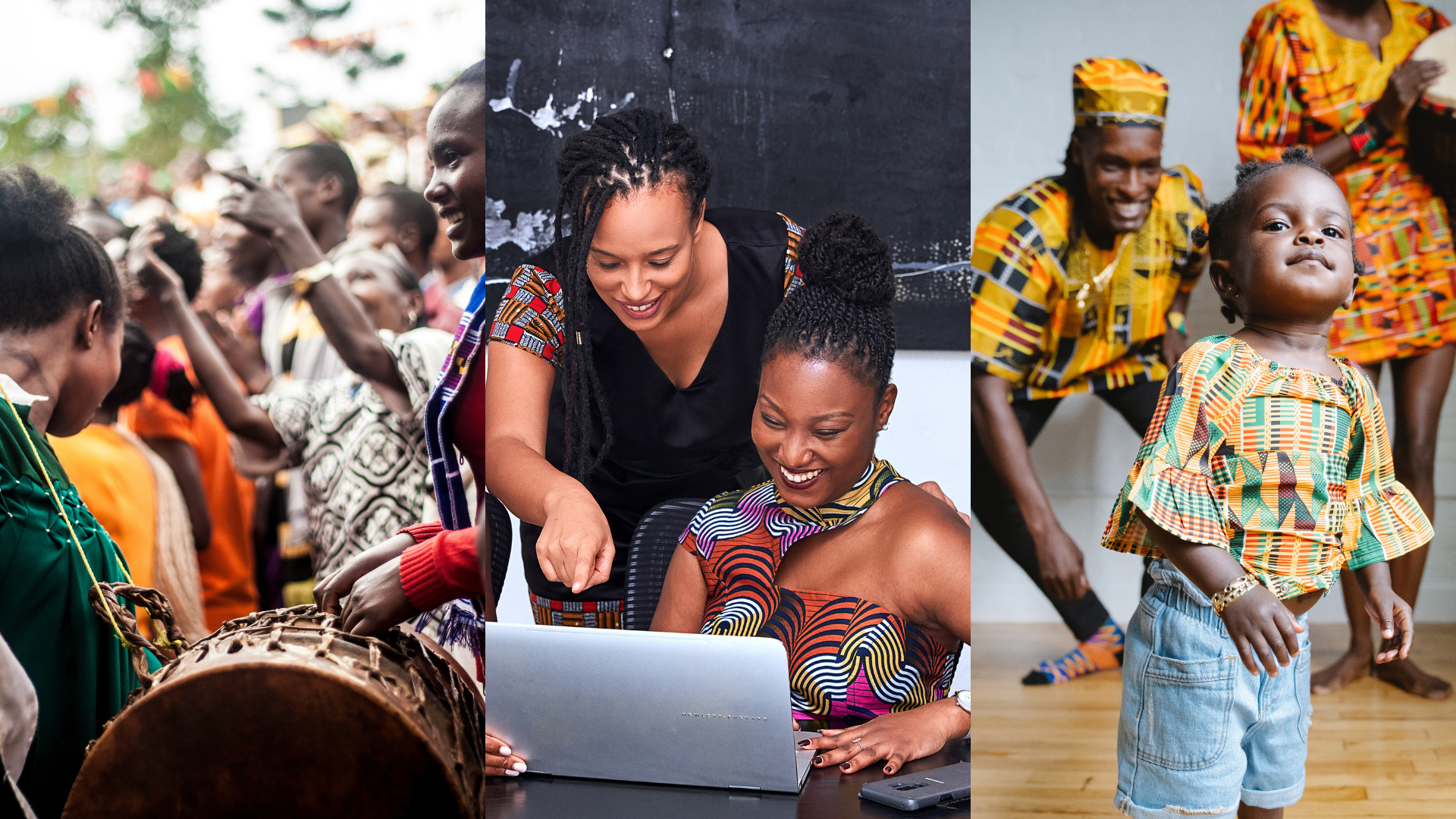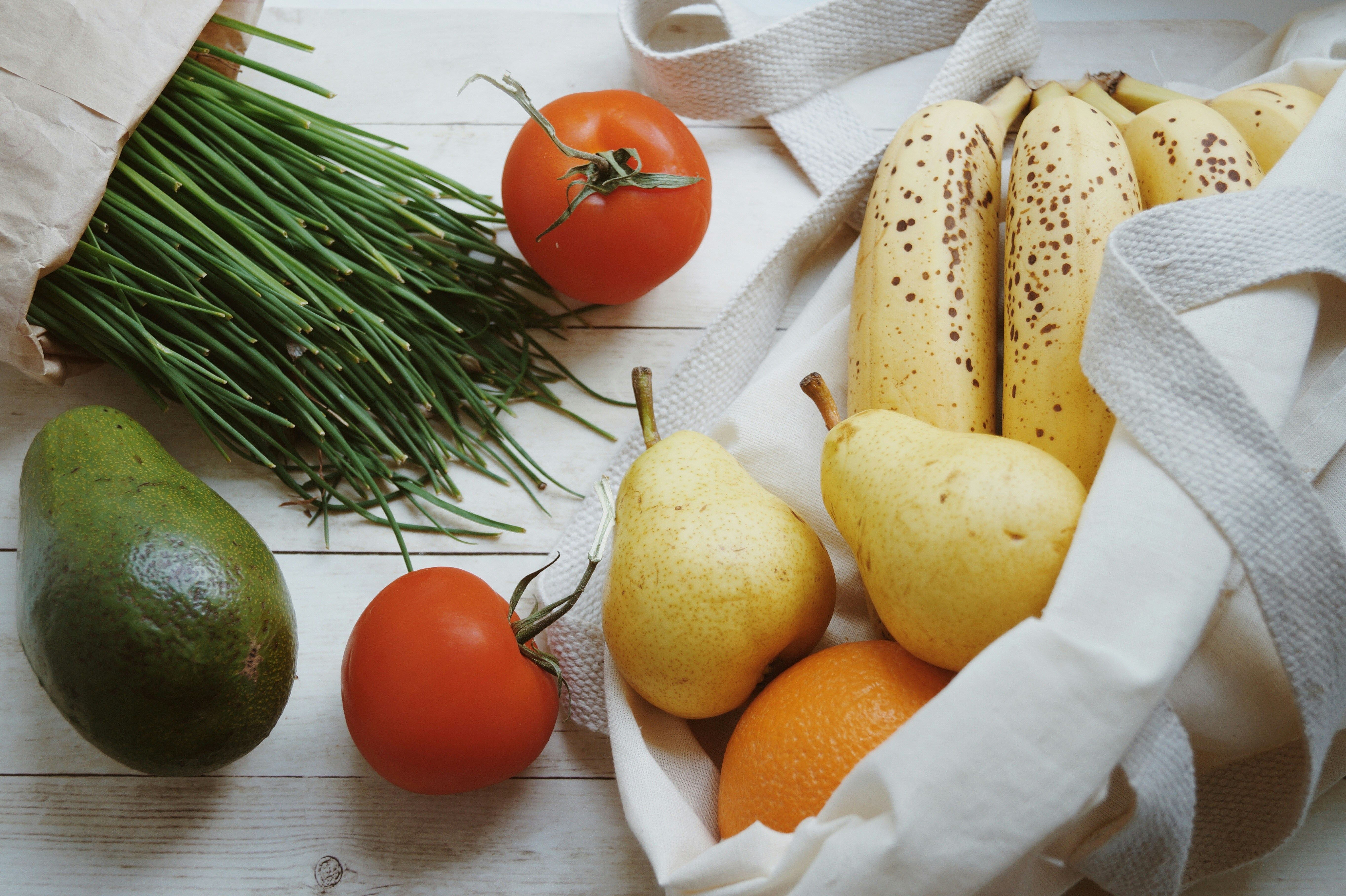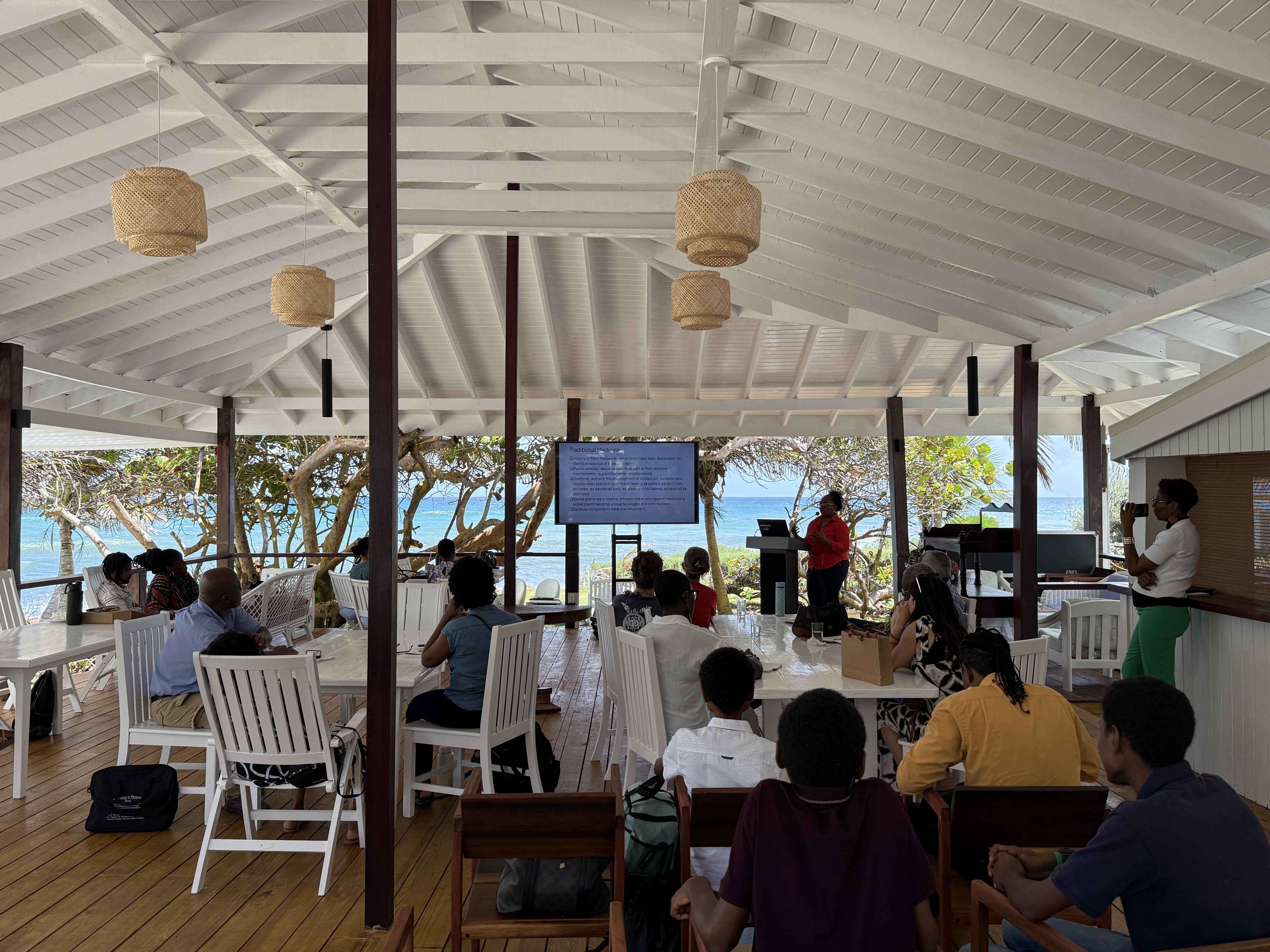In early 2023, a group of young people from across British Columbia embarked on a 18-month shared learning journey with the Tamarack Institute. They were members of our inaugural Transforming Youth Climate Grief into Action program, which was funded by the Canadian Red Cross 2017 BC Fires Disaster Risk Partnerships program.
Learning Cohort for Youth
The project focused on equipping youth with the skills and community connections needed to process and transform feelings of climate grief into hope and action. The program comprised a series of six workshops, a dedicated Community of Practice and coaching, and six Youth Climate Action project grants of $6,000 each for youth-led community climate action projects. The program was specifically designed to support communities impacted by the 2017 BC wildfires.
The workshops covered topics such as:
- Grounding youth in their unique moment and context
- Learning important skills on how to better cope with climate grief and ecoanxiety
- How to authentically engage in community
- Indigenous-led ways of taking action
- How to lead with care and hope as they shape and grow their own paths forward
Launching Youth-Led Climate Projects
The program then moved onto co-developing six community projects – a collaboration with communities impacted by the 2017 wildfires in BC, the youth themselves, and Tamarack’s Building Belonging and Climate Transitions teams.
The goal of these projects was not only to benefit the communities in the BC interior region that had been evacuated during the devastating 2017 wildfires but to also give the participating youth an opportunity to learn how to find and build relationships with community partners. They were encouraged to discover what each community cared about and truly wanted support with and then work together on developing projects that would activate the existing strengths and passions for maximum involvement and impact.
At Tamarack, we call this doing BY and WITH community.
Overview of Projects
The following projects were included in the cohort:
- Promoting Local Access to Air Quality Data
Purchasing 10 Purple Air air quality monitors and distributing them to communities that did not have access to localized air quality data
- Promoting Knowledge about Biodiversity at Local Community Spaces
Providing seeds, trees, seed saving books, composters and an indoor growing unit to Clearwater community, community gardens, and local elementary schools
- Promoting Local Food Sustainability and Zero Waste
Getting a freeze dryer for Clearwater’s Community Kitchen gleaning program - Promoting Restorative Soil Practices and Environmental Stewardship
Providing two biochar kilns to Clearwater community to support restorative soil practices, reduce carbon emissions when burning wood, and help build community capacity for environmental stewardship
- Hosting Conversations about Climate Change and Creating Youth Advocacy Through Art
Supporting 40 youth in Williams Lake, BC, to engage in conversations about climate change and active transport through art and workshops. It was an opportunity for the participating youth in grades 10-12 from both art and leadership classes to envision the future they wanted to see.
The project included screening the movie The Engine Inside over the course of two sessions in May 2024 at the Lake City Secondary school. The movie profiles the transformative power of cycling and cycling culture for six people around the world.
The screening was followed by a conversation about climate change, agency, action, and hope for the future.
These conversations were facilitated by two community organizers from the Williams Lake Streets for All group. Afterwards, participating youth worked with a local artist to create drawings and paintings of the future they wanted to see. These pieces were then combined into a public community mural in Williams Lake and shared with the community during an unveiling celebration in June 2024. You can see local media coverage of the event here.
Skill-Building Workshops for Communities and Changemakers
The program also included two community workshops in Clearwater, BC, and an online sharing circle with Preparing Our Home, First Nations youth, Mentors, and Elders.
At these events, community members, and emergency preparedness practitioners across the country learned about intergenerational emergency management, community engagement, youth-led programming, and how communities were preparing for the 2024 wildfire season.
The community workshops in Clearwater happened in early April 2024 and focused on two topics: one event on biochar, forest ecology, and wildfire risk prevention and then a biochar demonstration at the local Seedy Saturday event. The workshops were presented by two representatives of the Transition Salt Spring Climate Adaptation Research Lab (TSS CARL) who are also a member of Tamarack’s Community Climate Transitions network.
Both community workshops were described by the community as a ‘huge hit,’ bringing together over 30 people from a small community of approximately 2,400 residents.
TSS CARL wrote a story of their knowledge-sharing trip to Clearwater and the Clearwater Times also covered the event, helping to create further buzz in the community.

Impact of the Program on Local Communities
The projects and programs engaged close to 150 people directly, though the indirect impact is much broader. Because some of the projects were connected to local schools, the program also reached over 300 primary school children. Moreover, thanks to the 10 air quality monitors spread across communities, the resulting data will benefit the health and wellbeing of close to 15,000 residents of the BC Interior region. To learn more about the community impact of the air quality data, please visit the the air quality data map and other resources created by one of the program participants.
Impact of the Program on the Youth Involved
The participating youth had joined the program with high degrees of climate grief and negative feelings about climate change. The impact of media coverage on climate change, environmental degradation, and political inaction were highlighted as main causes of distress.
While many participants still have feelings of uncertainty about the future and frustration about the lack of progress on climate change, they all gained valuable knowledge and skills about climate change, advocacy, processing ecological grief, and working in community. For one of the participants, taking part in the program has even shaped their career aspirations.
The Role of Belonging
What has been most impactful to come out of this program is the critical role of belonging, a fundamental human need to be in relationship with others, to create a greater sense of active hope in youth.
For program participants, a greater sense of belonging has in turn led to them feeling less sad and more inspired; while also finding meaning in any action they choose to take no matter how big or small. That action belongs to them, and, in a world of uncertainty, it is more important than ever to create conditions and opportunities for youth and communities to activate their agency to act on something they really care about.
The Power of Connection to Create Climate Action
Grief is ultimately a form of love. By helping people bridge feelings about what has been lost and could be lost in the future with what they care about and can act upon, we can transform the feelings of grief into love and hope. This is the true power of connection - to create hope and meaning for climate action and a future that is yet to be shaped.
Below is a collection of reflections and community stories following their participation in the program and being part of the community projects. 
Reflections on Climate Grief by Lavanya Mohankumar
The Art of Advocacy by Ruth Lloyd
Clearwater Community Impacts by Joanna Hurst
Blue River Community Story by Lee Onslow
Raft River School Garden Story by Elizabeth Shook


